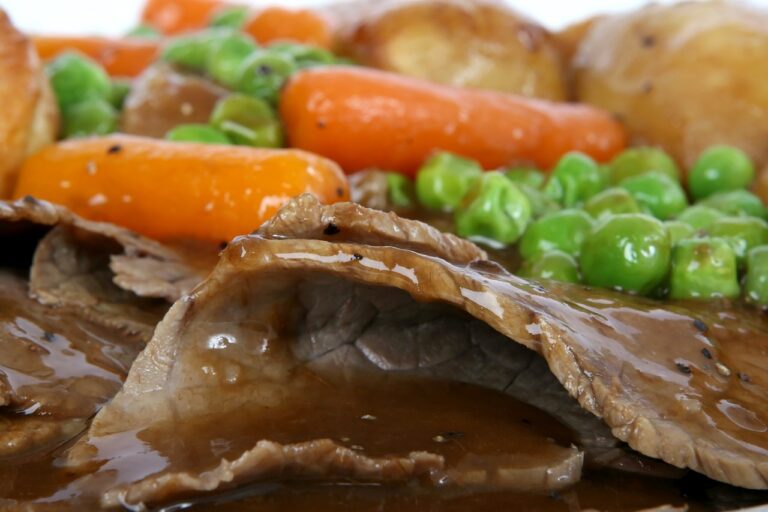How Nutrition Affects Immunity in Cricket: All panel.com sign up, Lotus 365 book, Betbook 247.com login
all panel.com sign up, lotus 365 book, betbook 247.com login: Nutrition plays a crucial role in maintaining good health and boosting immunity, especially in high-performance sports like cricket. The demands of the sport require athletes to be at their physical best, and a well-balanced diet is essential in achieving optimal performance on the field. In this article, we will explore how nutrition affects immunity in cricket players and why it is important to pay attention to what you eat.
The Link Between Nutrition and Immunity
It is well known that a diet rich in essential nutrients can help boost the immune system and protect the body from infections and illnesses. For cricket players, whose rigorous training and match schedules can take a toll on their bodies, maintaining a strong immune system is essential to staying healthy and performing at their best.
Nutrients like vitamins A, C, and E, as well as minerals like zinc and selenium, play a key role in supporting the immune system. These nutrients help in the production of white blood cells, which are the body’s first line of defense against pathogens. They also act as antioxidants, which protect cells from damage and inflammation.
In addition to vitamins and minerals, protein is also essential for immunity. Protein is needed for the growth and repair of body tissues, including the immune system cells. Carbohydrates, on the other hand, provide the energy needed for cricket players to sustain their high-intensity training sessions and matches.
The Impact of Poor Nutrition on Immunity
On the flip side, a diet high in processed foods, sugar, and unhealthy fats can weaken the immune system and make cricket players more susceptible to illnesses and infections. Poor nutrition can lead to deficiencies in essential nutrients, which can impair the body’s ability to fight off pathogens and recover from injuries.
Inadequate calorie intake can also compromise immunity, as the body needs a sufficient amount of energy to support the immune response. Chronic dieting or skipping meals can weaken the immune system and increase the risk of infections and injuries.
Moreover, dehydration can also impact immunity. Proper hydration is essential for maintaining the body’s temperature, transporting nutrients, and flushing out toxins. Cricket players need to stay hydrated before, during, and after training sessions and matches to support their immune system and performance on the field.
The Role of Hygiene in Immunity
In addition to nutrition, hygiene plays a crucial role in supporting immunity in cricket players. Good hygiene practices, such as washing hands regularly, sanitizing equipment, and maintaining a clean environment, can help prevent the spread of germs and reduce the risk of infections.
Proper hygiene becomes even more critical when playing in team sports like cricket, where close contact with teammates and opponents is common. By practicing good hygiene habits, cricket players can protect themselves and their teammates from illnesses and stay healthy throughout the season.
Nutrition Guidelines for Cricket Players
To maintain a strong immune system and perform at their best, cricket players should follow these nutrition guidelines:
1. Eat a well-balanced diet rich in fruits, vegetables, whole grains, lean proteins, and healthy fats.
2. Stay hydrated by drinking water regularly throughout the day.
3. Include sources of vitamins A, C, and E, as well as minerals like zinc and selenium in your diet.
4. Opt for natural, unprocessed foods over processed and sugary snacks.
5. Fuel your body with carbohydrates before and after training sessions and matches.
6. Consult a dietitian or nutritionist to create a personalized nutrition plan tailored to your specific needs and goals.
By following these guidelines, cricket players can support their immune system, enhance their performance on the field, and stay healthy throughout the season.
FAQs
Q: Can supplements help boost immunity in cricket players?
A: While supplements can be beneficial in filling nutrient gaps in the diet, it is always best to obtain nutrients from food sources whenever possible. Consult a healthcare provider or nutritionist before adding supplements to your regimen.
Q: How can I improve my immune system during the cricket season?
A: Focus on eating a nutrient-dense diet, staying hydrated, practicing good hygiene, getting enough rest, and managing stress to support your immune system during the cricket season.
Q: Are there any specific foods that can help boost immunity in cricket players?
A: Foods rich in vitamins A, C, and E, as well as minerals like zinc and selenium, can help support the immune system. Some examples include citrus fruits, leafy greens, nuts and seeds, and lean meats.
In conclusion, nutrition plays a critical role in supporting immunity in cricket players. By following a well-balanced diet, staying hydrated, and practicing good hygiene habits, cricket players can strengthen their immune system, enhance their performance on the field, and stay healthy throughout the season.







